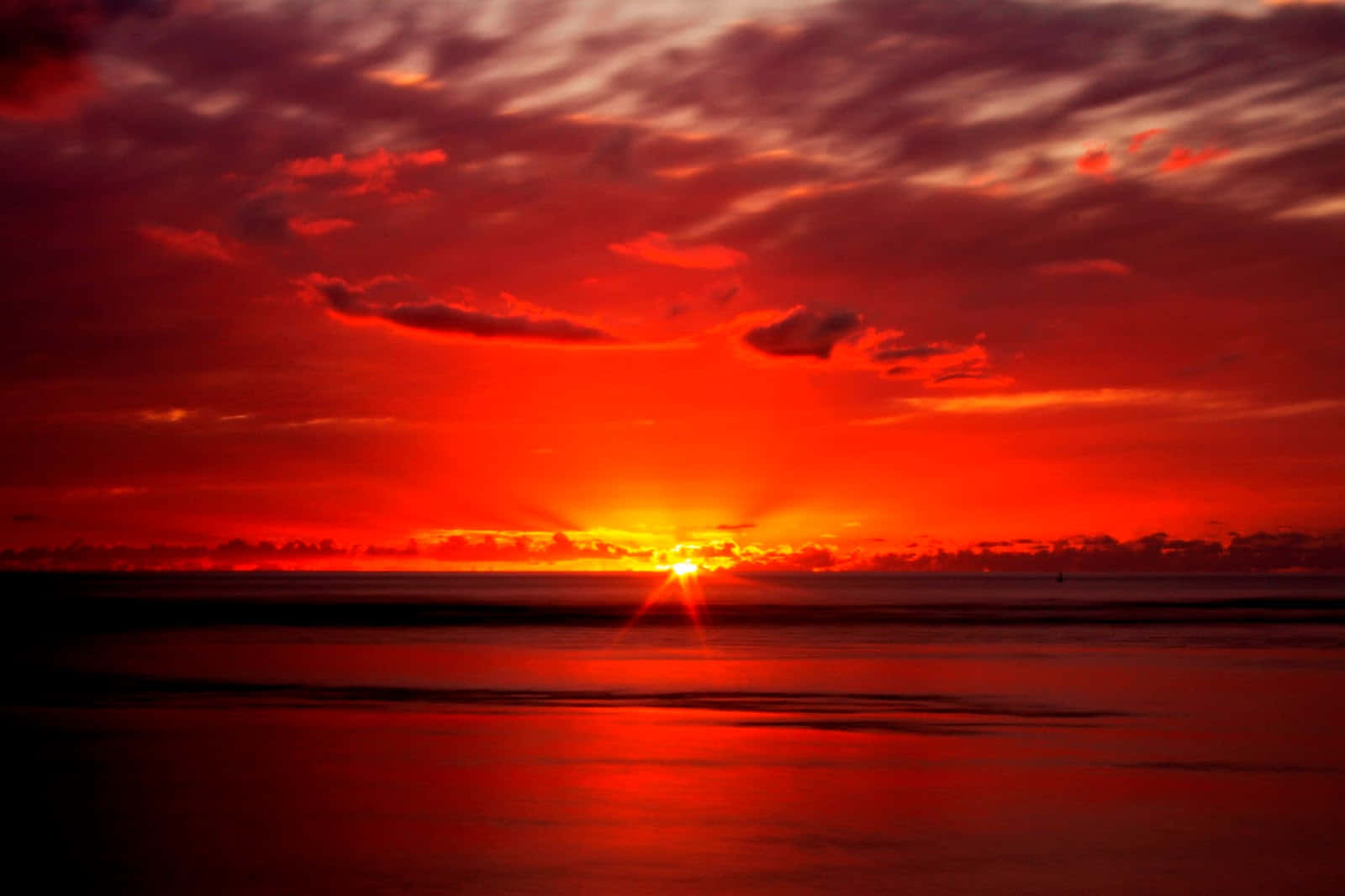"The Curse of Vishala: The Forgotten Deity"
In the ancient kingdom of Vishala, nestled between the sacred rivers Saraswati and Ganga, there was once a powerful deity known only to a few - Kaalithra, the guardian of time and fate. Unlike the popular gods of Vishnu, Shiva, or Durga, Kaalithra was a deity who existed in the shadows of the great pantheon. His temples were hidden in dense forests, his name whispered only by the village elders, and his powers understood by a select few.
Kaalithra’s role was simple but vital—he ensured the balance between the past, present, and future. Every moment that passed was kept safe in his cosmic wheel of time. The people of Vishala, in turn, worshipped him to maintain peace and prosperity.But as centuries passed, the people of Vishala slowly began to forget their guardian.Angered and heartbroken by the abandonment of his devotees, Kaalithra decided to unleash his wrath. “If they will forget me,” he declared, “then let them forget themselves.”
With a sweep of his cosmic wheel, Kaalithra cast a curse upon the kingdom of Vishala. Time itself became unstable. Days would repeat, months would vanish, and years would blend into one another. The people became trapped in a loop, reliving the same moments over and over without realizing it.
Generations passed in this eternal cycle of oblivion. No one aged, no one remembered the past, and no one had a future. The kingdom became shrouded in mystery, hidden from the rest of the world, untouched by time. Vishala became a land where memories faded as soon as they were made, and no one knew their true purpose or past.
Yet there was one person who was spared from Kaalithra’s curse—Rudra, the last high priest of the ancient temple of Kaalithra. Rudra had been meditating deep within the forests when the curse struck. When he emerged, he found his kingdom locked in a strange, timeless dream. Determined to break the curse and restore balance, Rudra sought out the forgotten deity.
After years of wandering, Rudra finally found the remains of Kaalithra’s temple, now overgrown with wild vines and covered in moss. In its center lay the shattered remains of the cosmic wheel. Kaalithra himself appeared before Rudra, not as the mighty god he once was, but as a flickering shadow—a deity who had almost faded from existence.
“You have returned,” Kaalithra said, his voice weak. “But it is too late. My time is gone.” Rudra, undeterred, knelt before the forgotten god. “Time may have forsaken you, but you are not forgotten,” he said. “There are still those who remember, those who wish to restore your place among the heavens.”Kaalithra, moved by Rudra’s devotion, gave the priest a choice. “I can restore time to your people, but it will come at a cost. I will fade entirely from memory, erased from history, even from your heart. No one will ever remember Kaalithra again.”
Rudra, knowing the future of his people was at stake, agreed. “If it saves my people, I will bear the burden of forgetting.”
With that, Kaalithra gathered the last of his power and repaired the cosmic wheel. Time began to flow again in Vishala. The people awoke from their timeless slumber, their memories intact, though they had no recollection of the curse or the deity who had saved them. The kingdom prospered once more, and peace returned to the land.
But Rudra, who had made the ultimate sacrifice, felt a strange emptiness within. He had forgotten Kaalithra, as promised, but he could not shake the feeling that something—someone—was missing. He spent the rest of his days tending to the ruins of the temple, unsure of why he felt compelled to do so.
Vishala’s story, and Kaalithra’s tale, faded into legend, only whispered by the wind through the forgotten temples. But even in their oblivion, the people of Vishala thrived, unaware that their very existence was a gift from a god whose name would never be spoken again.






Comments
Post a Comment